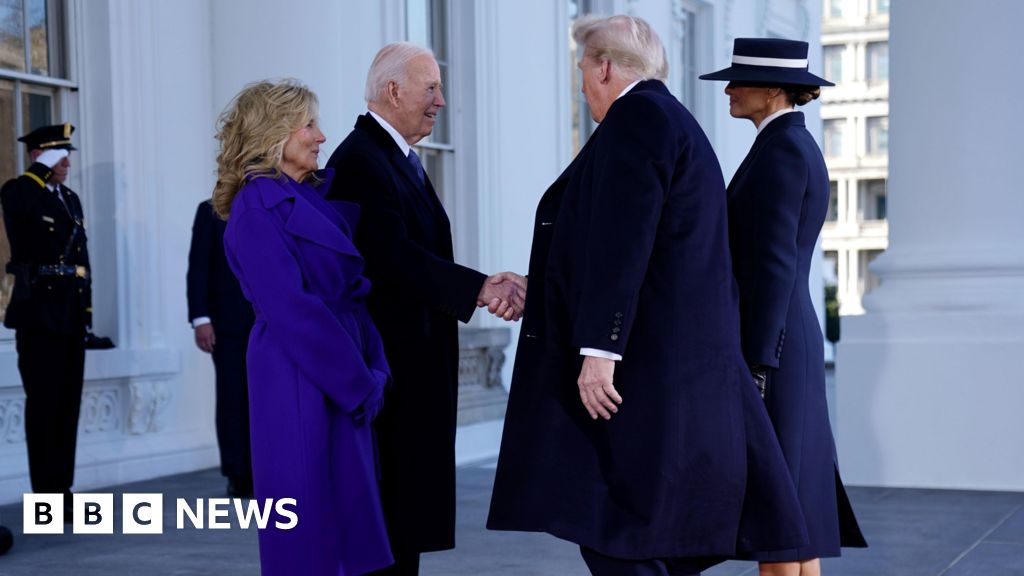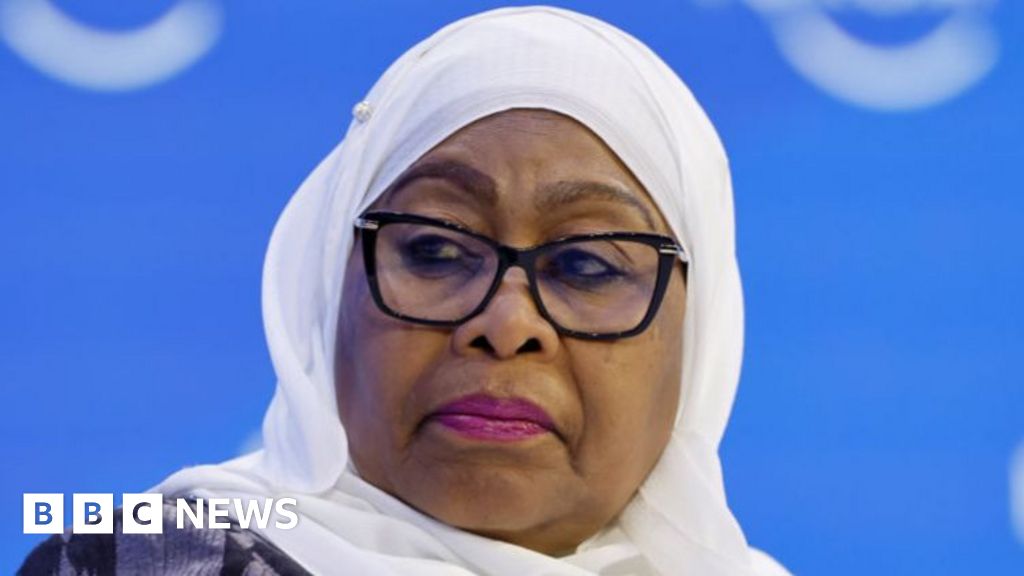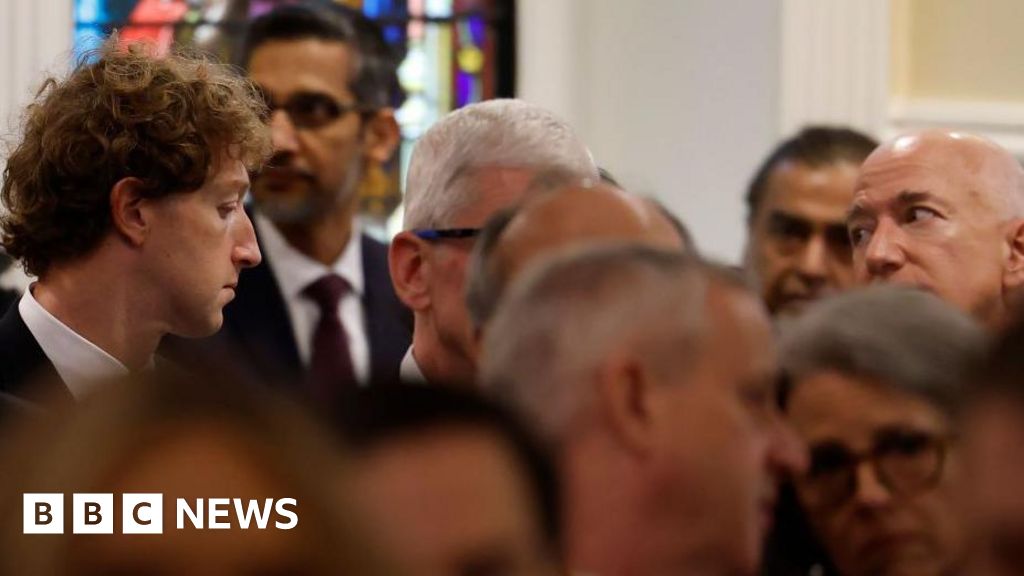ARTICLE AD BOX
Just now
By Hannah Ritchie, BBC News, Sydney
Chinese officials appear to have blocked a formerly imprisoned journalist from the view of cameras at an event between Chinese Premier Li Qiang and Australian Prime Minister Anthony Albanese in Canberra.
Cheng Lei, who was imprisoned by Beijing for three years, later said she believed two embassy officials had stood in front of her to prevent her from "saying” or “doing something” that they thought “would be a bad look”.
Mr Li's visit - the first by a Chinese premier since 2017 - has been seen as another step in the thawing of tensions between the two nations after a string of disputes.
Both he and Mr Albanese said bilateral discussions so far had been constructive.
When asked about whether he saw Ms Cheng being blocked on Monday, he said he “wasn’t aware” there had been an issue, but that “it’s important people be allowed to participate fully”.
“That’s what should happen in this building and anywhere else in Australia,” he added.
Ms Cheng, who is now working as a journalist for Sky News Australia, said she had been sitting in area assigned for media representatives when the two officials “went to great lengths to block me from the cameras and to flank me”.
Footage showed Australian officials then trying to intervene while Ms Cheng took photographs of the incident on her phone.
The 49-year-old was working as a business reporter for China's state-run English language TV station CGTN when she was arrested in August 2020 and accused of "illegally supplying state secrets overseas".
She was tried in secret and her charges were never made public, before her surprise release in October last year.
Her detention and that of a fellow Australian who remains imprisoned, democracy blogger Yang Hengjun, strained ties between Beijing and Canberra.
When Mr Albanese took office in 2022, he vowed to improve ties with China and end a diplomatic hiatus that had been triggered by several prickly incidents during the pandemic. These included back-and-forth accusations of foreign interference and that China was imposing retaliatory trade sanctions.
On Monday, Mr Li said he hoped to help build a "more mature, stable, and fruitful comprehensive strategic partnership".
Mr Albanese said the two had made progress on key issues such as “improving military to military communication so as to avoid incidents”.
Several other co-operation documents related to business, education and climate change were also signed.
China will also add Australia to its visa waiver programme to increase trade and tourism between the two nations.
Last year, Mr Albanese became the first Australian leader to visit China since 2016, hailing "significant progress" in relations after talks with President Xi Jinping.

 7 months ago
18
7 months ago
18








 English (US) ·
English (US) ·